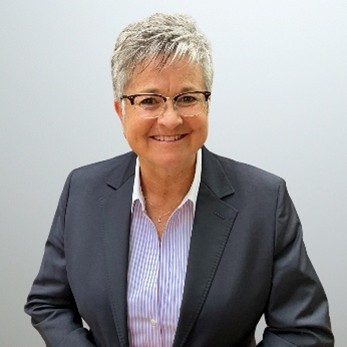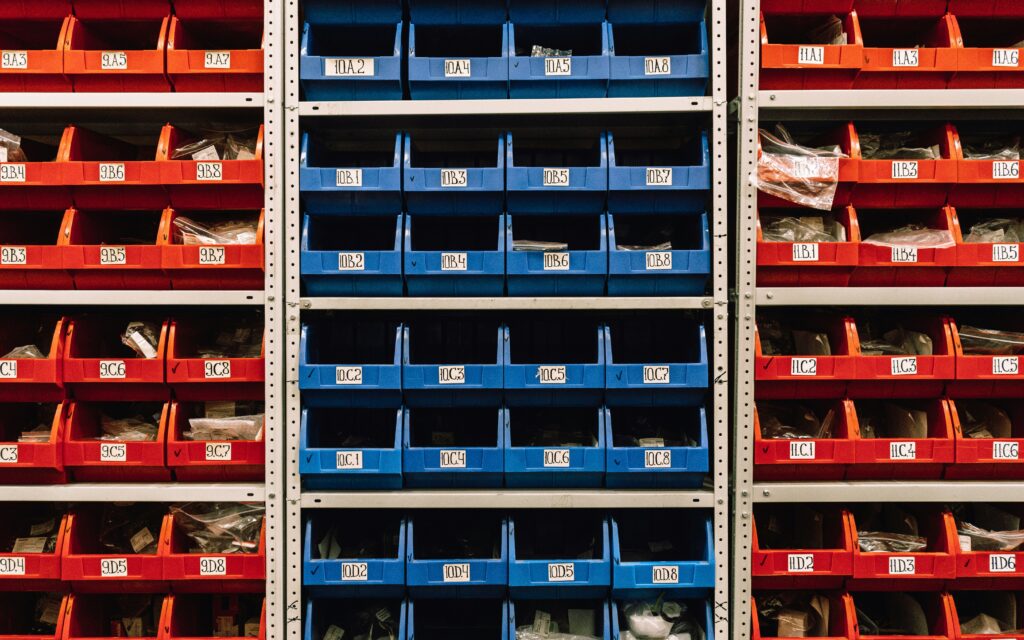Medicine is evolving fast. New targeted drug therapies and digital medical devices are revolutionizing how we treat once-intractable diseases. From oncology to rare genetic disorders, these advances offer fresh hope to millions of patients globally. But while scientific discovery accelerates, the logistics of bringing these innovations to patients remain frustratingly slow.
Regulatory noncompliant sample storage and logistics management are some of the most underestimated bottlenecks in the development process and are some of the main reasons for product recalls. The US FDA reports in its State of Pharmaceutical Quality Report that in FY2023, contamination-related recalls rose by 58%, with nearly 40% caused by sterility assurance failures—a clear warning of how mishandled samples can disrupt development and trigger costly recalls.
Regulatory noncompliance has a direct impact on not just patients, but also affects supply chains and ingredient stocks, the reputation of the pharma company at fault, and trust in the pharma industry as a whole. Some estimates place the cost of poor quality, improper sample storage, and regulatory noncompliance at 25–40% of total sales revenue.
Complex Therapies, Convoluted Problems
As complex therapies progress into the clinic, handling, labeling, stability testing, and storage of diverse samples become increasingly challenging. Add the global movement of ingredients, components, and samples, and regulated development becomes more complicated.
The consequences of poor sample management can be serious. A single lost or degraded sample can waste thousands of dollars on research and delay a new therapy. The stakes are higher in personalized medicine, where samples like unique biopsies or gene-editing vectors are irreplaceable. Yet, many companies still rely on fragmented or outdated systems to protect and track samples, risking integrity, compliance, and time-to-market.
Using Best Practices to Overcome Regulatory Pressure, Infrastructure Gaps
Regulators around the world, including the US FDA and European Medicines Agency (EMA), are intensifying their focus on data integrity and sample traceability, and organizations need to adhere to current good manufacturing practice (GMP) and ISO guidelines. Despite this, many R&D organizations remain unprepared and at risk of noncompliance. In FY2023 alone, post-market deviation reports for biological products rose by 77%, reinforcing how fragile biotech supply chains are when quality controls break down.
Best practices are essential to ensure the stability, viability, and regulatory compliance of samples transported across different climatic zones to account for temperature and humidity fluctuations. Understanding these zones, defined by the International Council for Harmonisation of Technical Requirements for Pharmaceuticals for Human Use (ICH), is critical for the compliant logistical transfer of samples and products.
In addition, the International Society for Biological and Environmental Repositories (ISBER) sets out the best practices for the long-term storage, collection, retrieval, and distribution of specimens. Applying such best practices will help companies achieve compliant stability and storage of their therapy or device from inception through preclinical and clinical development to commercialization, and beyond.
A Strategic Opportunity: Outsourcing Sample Management
For many, navigating compliant stability and biorepository storage of therapeutic and device samples during development calls for strategic outsourcing. Dedicated and experienced sample storage and logistics partners, like Astoriom, are stepping in to bridge the gap between scientific ambition and operational readiness.
An experienced sample storage partner should offer:
- Globally compliant sample stability and biorepository storage services
- Validated, temperature-controlled storage environments (ambient to cryogenic)
- Integrated sample tracking platforms with chain-of-custody compliance
- Disaster recovery and business continuity services to protect irreplaceable assets
- Scalable, flexible infrastructure that grows with program complexity
By partnering with experts in sample stewardship, therapy and device developers can free up internal resources, reduce compliance risk, and most importantly, cut down the time to market of lifesaving product innovations.
Patients Can’t Wait
The urgency is real: Each delay in development adds to costs and postpones access to life-changing therapies for patients in need. In an era where scientific progress is no longer the main barrier, operational bottlenecks like sample storage noncompliance and logistics must be addressed head-on.
Sustainable sample management may not capture headlines, but it is foundational to deliver on the promise of next-generation medicine. As the biopharma, biotech, and med-tech industries continue to push boundaries, building resilient, responsive, and scalable sample stability and biorepository storage partnerships must become a strategic priority, not an afterthought.

Lori A. Ball is chief executive officer at Astoriom, where she leads the company’s profitable growth and global expansion in the pharmaceutical, biologics, and medical device industries. Focusing on high-quality biorepository and sample stability biospecimen storage, she leverages her extensive experience to drive strategic initiatives and operational excellence at Astoriom. An accomplished executive, Lori has held several C-level positions in the CRO, sample storage, and laboratory research industries.

Philip Bradley is the general manager at Astoriom, bringing nearly a decade of experience within the life sciences industry. Specializing in stability storage services, he oversees operations across Astoriom’s multiple locations, ensuring the delivery of high-quality, temperature-controlled solutions that meet stringent compliance standards. Philip’s customer-centric approach and deep understanding of the industry have been instrumental in enhancing operational efficiency and service delivery at Astoriom. His role is crucial in maintaining the company’s commitment to quality and customer satisfaction, positioning Astoriom as a leader in the stability storage sector.

